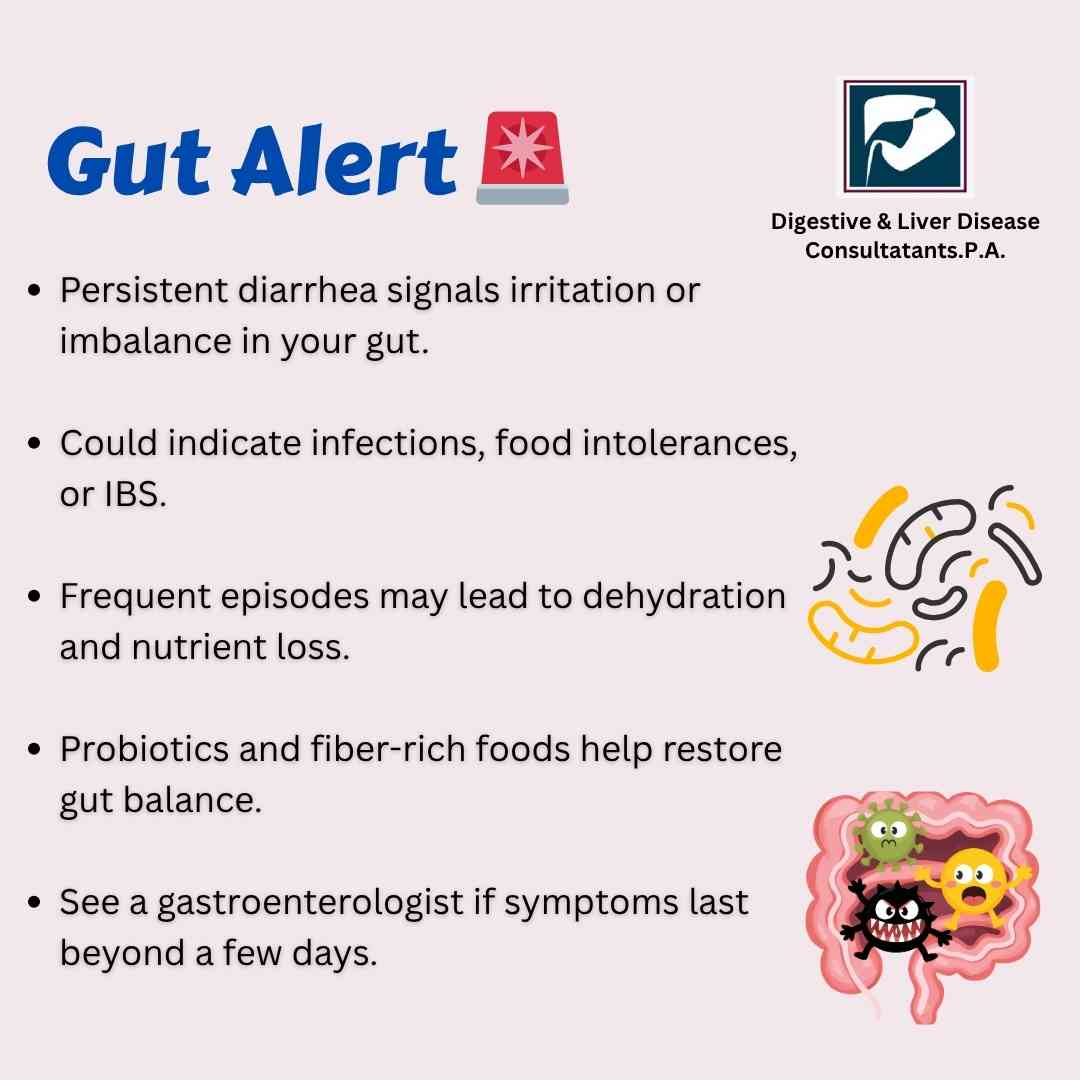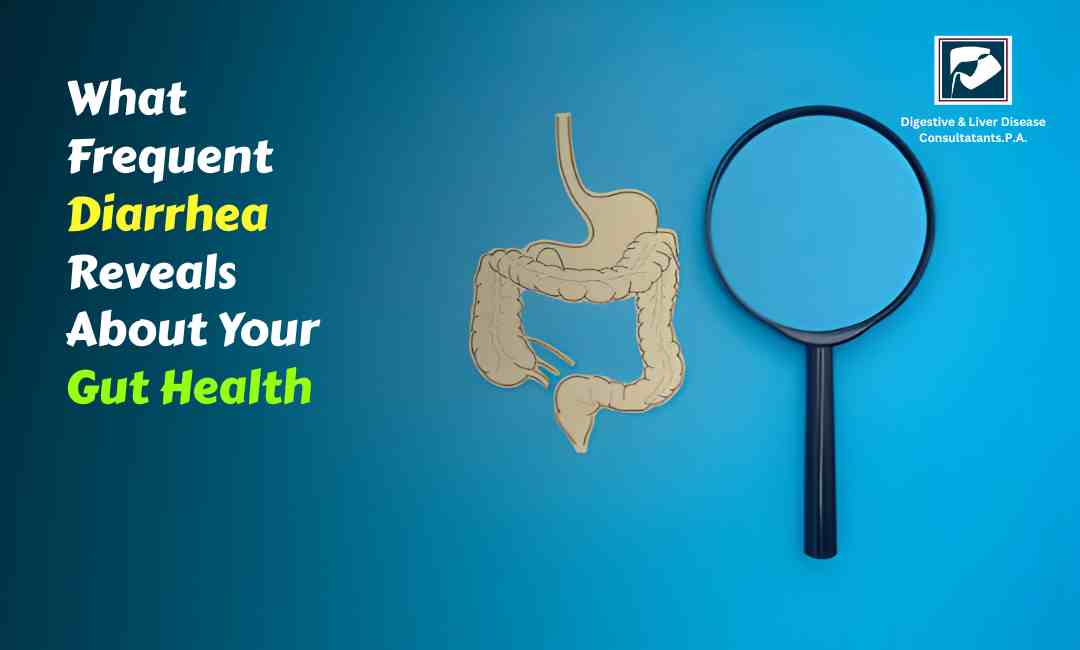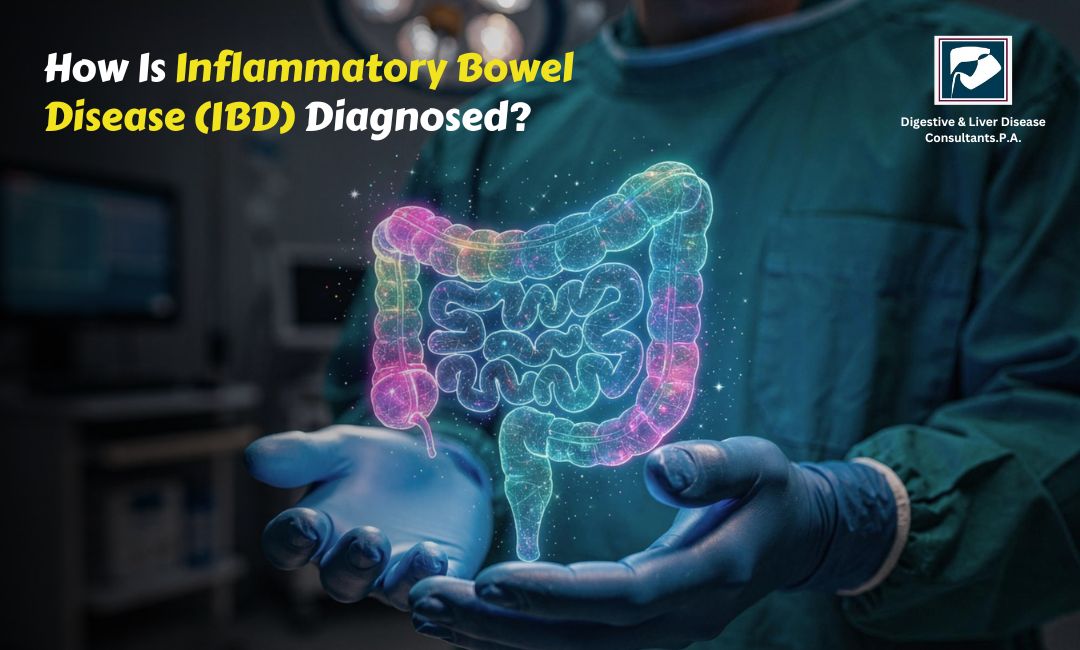Everyone experiences diarrhea once in a while — maybe after eating something spicy or during a mild stomach bug. But when it happens frequently, it’s a sign that your gut might be trying to tell you something more serious. Frequent diarrhea can disrupt daily life, cause dehydration, and indicate underlying digestive problems that need attention.
What Is Considered Frequent Diarrhea?
Diarrhea means having loose or watery stools three or more times a day. It becomes frequent or chronic when it lasts for more than two weeks or keeps returning regularly. Occasional diarrhea is often caused by infections or food reactions, but chronic diarrhea usually signals a deeper issue affecting your digestive system.
How Your Gut Works and Why Diarrhea Happens
Your digestive system absorbs nutrients and fluids from food as it passes through the intestines. When something irritates your gut or interferes with absorption, food moves too quickly through the digestive tract — resulting in loose, watery stools.
Frequent diarrhea can mean your intestines are:
- Inflamed or irritated
- Unable to absorb nutrients properly
- Reacting to certain foods or infections
- Affected by chronic digestive diseases
Your gut health depends on the right balance of bacteria, enzymes, and digestive processes. When that balance is disrupted, diarrhea can become a recurring symptom.

Common Causes of Frequent Diarrhea
Infections (Viral, Bacterial, or Parasitic)
Food poisoning, contaminated water, or stomach viruses can cause acute diarrhea. If infections are not fully cleared, they can lead to lingering gut problems.
Irritable Bowel Syndrome (IBS)
IBS is one of the most common causes of chronic diarrhea. In IBS-D (diarrhea-predominant IBS), the gut becomes overly sensitive, leading to abdominal pain, bloating, and frequent loose stools.
Inflammatory Bowel Disease (IBD)
Conditions like Crohn’s disease and ulcerative colitis cause chronic inflammation in the intestines, leading to diarrhea, abdominal pain, and sometimes blood in the stool.
Food Intolerances and Sensitivities
Lactose intolerance, gluten sensitivity (celiac disease), and fructose intolerance can cause frequent diarrhea when the body cannot digest certain food components properly.
Medication Side Effects
Antibiotics, antacids with magnesium, and certain diabetes or blood pressure medications can upset gut bacteria or increase intestinal movement.
Malabsorption Disorders
If your body can’t absorb fats, sugars, or nutrients properly — as seen in celiac disease or pancreatic insufficiency — it can lead to chronic diarrhea and nutrient deficiencies.
Stress and Anxiety
The gut and brain are closely connected through the gut-brain axis. Emotional stress can trigger changes in digestion, increasing bowel movements or causing diarrhea.
What Frequent Diarrhea Says About Your Gut Health
Frequent diarrhea is more than an inconvenience — it’s a warning sign that your gut health may be compromised. Here’s what it can reveal:
Imbalance in gut bacteria: Too few good bacteria and too many harmful ones can lead to poor digestion and inflammation.
Digestive enzyme deficiency: Your pancreas or intestines may not produce enough enzymes to break down food efficiently.
Inflammation or irritation in the gut lining: Ongoing inflammation damages the intestinal walls, reducing nutrient absorption.
Food-related sensitivities: Your gut may be reacting to certain foods, additives, or ingredients.
Underlying conditions: Persistent diarrhea could point to chronic digestive disorders that need medical attention.
Ignoring frequent diarrhea can lead to dehydration, malnutrition, fatigue, and weight loss over time.
When to See a Gastroenterologist
You should seek medical help if diarrhea lasts more than two weeks or if you notice any of the following symptoms:
- Blood or mucus in your stool
- Unexplained weight loss
- Severe abdominal pain or cramping
- Persistent bloating or gas
- Fatigue or dizziness
- Signs of dehydration (dry mouth, dark urine, weakness)
A gastroenterologist can identify the root cause using diagnostic tests such as:
- Stool analysis (to check for infections or inflammation)
- Blood tests (for nutritional deficiencies or celiac disease)
- Colonoscopy or endoscopy (to examine the intestines)
- Food intolerance testing
How to Manage and Prevent Frequent Diarrhea
1. Eat a Gut-Friendly Diet
- Include fiber-rich foods like bananas, oats, and rice to regulate bowel movements.
- Avoid greasy, spicy, or processed foods that can irritate the intestines.
Stay away from trigger foods such as dairy or gluten if you’re intolerant.
2. Stay Hydrated
Frequent diarrhea causes loss of water and electrolytes. Drink plenty of fluids like water, coconut water, or oral rehydration solutions.
3. Support Your Gut Bacteria
Add probiotic-rich foods (yogurt, kefir, fermented vegetables) to restore healthy gut flora.
4. Manage Stress
Practice relaxation techniques like deep breathing, meditation, or yoga to calm the gut-brain connection.
5. Review Medications
If your medication causes diarrhea, ask your doctor for possible alternatives or solutions.
6. Treat the Underlying Condition
Managing chronic diseases like IBS, IBD, or celiac disease under the supervision of a gastroenterologist is essential for long-term relief.
At Digestive & Liver Disease Consultants, P.A.
At Digestive & Liver Disease Consultants, P.A. (DLDC), our board-certified gastroenterologists specialize in diagnosing and treating conditions that affect the digestive tract — including chronic diarrhea, IBS, IBD, celiac disease, and malabsorption disorders.
We provide advanced diagnostic testing, individualized care plans, and evidence-based treatments to restore your gut health and improve your quality of life. With state-of-the-art facilities and compassionate care, we proudly serve patients across Texas seeking lasting relief from digestive discomfort.
Conclusion
Frequent diarrhea is your body’s way of signaling that your gut needs attention. While occasional episodes are normal, ongoing diarrhea shouldn’t be ignored — it can point to an imbalance, inflammation, or underlying digestive disorder.
If you’re experiencing frequent or chronic diarrhea, consult the expert gastroenterologists at Digestive & Liver Disease Consultants, P.A. Our team will help identify the root cause, provide effective treatment, and guide you toward a healthier, stronger digestive system.






